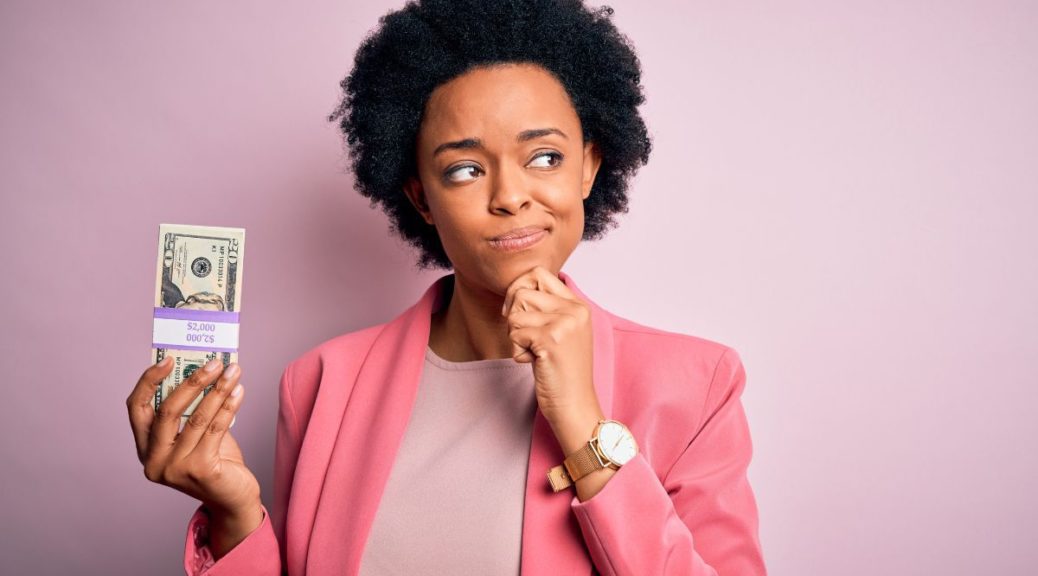Child and spousal support are critical responsibilities after a divorce. As life changes occur, you may need to make formal child support modifications to your original agreement. The Family Court must approve any changes, but it is always best for both parents to present a workable plan to the court. Certified Family Law Specialist Judy L. Burger examines why you may need to seek child support modifications in California.
Income Changes
Any changes in your income of 20% or more warrant examination for a possible change in your child support amount. This includes:
- Increases: Increases may raise your payments.
- Decreases: Decreases may reduce your payments depending on the nature of the decrease.
- Job loss: If a parent loses a job, the court may temporarily reduce payments until they secure new employment, then make a more permanent determination.
- Self-employment: This type of employment can fluctuate, requiring adjustment or some other modification.
- Retirement: This often makes significant changes in income, usually decreases, and will require an adjustment.
Never assume that changes to your child support payments can be made on your own when things change. All changes must be agreed upon by both parents and approved by the court. CA Family Law Attorney Judy Burger can help you navigate this process to ensure your child’s best interests are met.
Custody Changes
Custody agreements can change and reflect a need to modify child support arrangements. The time a child spends with each parent is a primary consideration. Common reasons for a change in custody include:
- Remarriage
- Disability
- Military Deployment
In most cases, the non-custodial parent pays child support to the custodial parent. If the custodial parent changes, this likely means a change in the amount of child support. The child’s needs and the new custody arrangements must be reviewed to create a workable agreement. Typically, the custodial parent spends more time with the child and contributes more to their care.
Changes in the Child’s Needs
Children grow and change, and this creates new and different needs. The most common changes in the child’s needs that demand support modifications include:
- Education: As children age, they can require more resources for their education, such as school supplies, activity fees, or college tuition.
- Living expenses: As children age, their tastes and needs change, including clothing, food, daily essentials, and incidentals.
- Medical expenses: Developing medical conditions or treatments not covered by insurance, like wisdom teeth removal and orthodontics, can require extra resources.
- Extracurricular activities: Children can pursue all forms of sports, music lessons, hobbies, and school clubs that may require additional financial resources.
- Unpaid child support: If one parent falls behind on child support payments, the court may order a modification to ensure the child is receiving proper care and support.
Parents can agree on how they’ll handle the new payments. However, they still need a judge to sign off on the agreement and ensure it meets the requirements for a child support modification. So, any verbal agreement should be put on paper and certified by a family law judge.
Get Help with CA Child Support Modifications
Every family is unique and has different child support needs. No two support agreements are alike. Working with a seasoned family law attorney is the best way to find solutions to complex support issues that meet your family’s needs while satisfying the family court’s requirements. A lawyer should review any change in your situation to see if it warrants changes.
Certified Family Law Specialist Judy Burger has extensive experience helping families create workable child support agreements and modifications as life changes. She is an effective negotiator and problem-solver who can help you find solutions that fit your family’s needs. Contact one of her offices across California to schedule a consultation today.







![The_Effect_of_Bankruptcy_on_Divorce[1]](https://judyburger.com/wp-content/uploads/2020/04/The_Effect_of_Bankruptcy_on_Divorce1.jpg)



